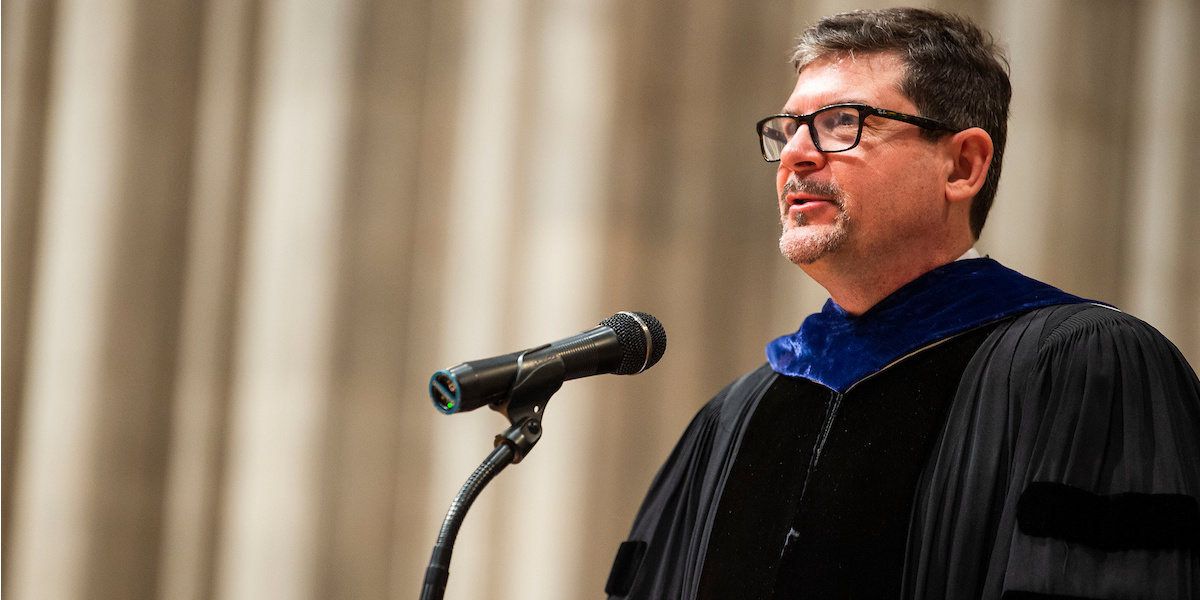
May 14, 2019
Given that Wesley Seminary is in the nation’s capital, democracy is important to who we are as a church and as an institution that serves our nation and world. The United States of America was established as a republic in response to the cry “No taxation without representation.” The Methodist Episcopal Church was founded in 1784 in Baltimore with a polity that very much mirrors the government of the United States with three branches: executive, legislative and judicial. The philosophy of the separation of powers is just as important to the structure of the United Methodist Church as it is the U.S. government. Pondering on the ideals of a republic, I offer some thoughts on the on-going conversations within the church on a representational democracy.
May 15, 2019
The first part of this blog discussed ways that the representation to annual and general conferences is not proportionate or representational of the body of United Methodists. This second part will discuss whether the polity and election formulas are consistent with the UMC’s mission statement.
The mission of The United Methodist Church is to “make disciples of Jesus Christ for the transformation of the world.” The mission statement calls us to make disciples, yet representation to General Conference is awarded to those who make members. Are making a disciple and making a member the same?
May 17, 2019
The previous part of this blog series discussed whether the UMC’s polity and election formulas are consistent with the UMC’s mission statement, which emphasizes making disciples.
This leads us to another problem with the representative system that only counts current members, but does not take into account potential. What about underrepresented people groups? The voices of the potential mission opportunities are largely absent at General Conference, which gives a disproportionate power to the status quo.
